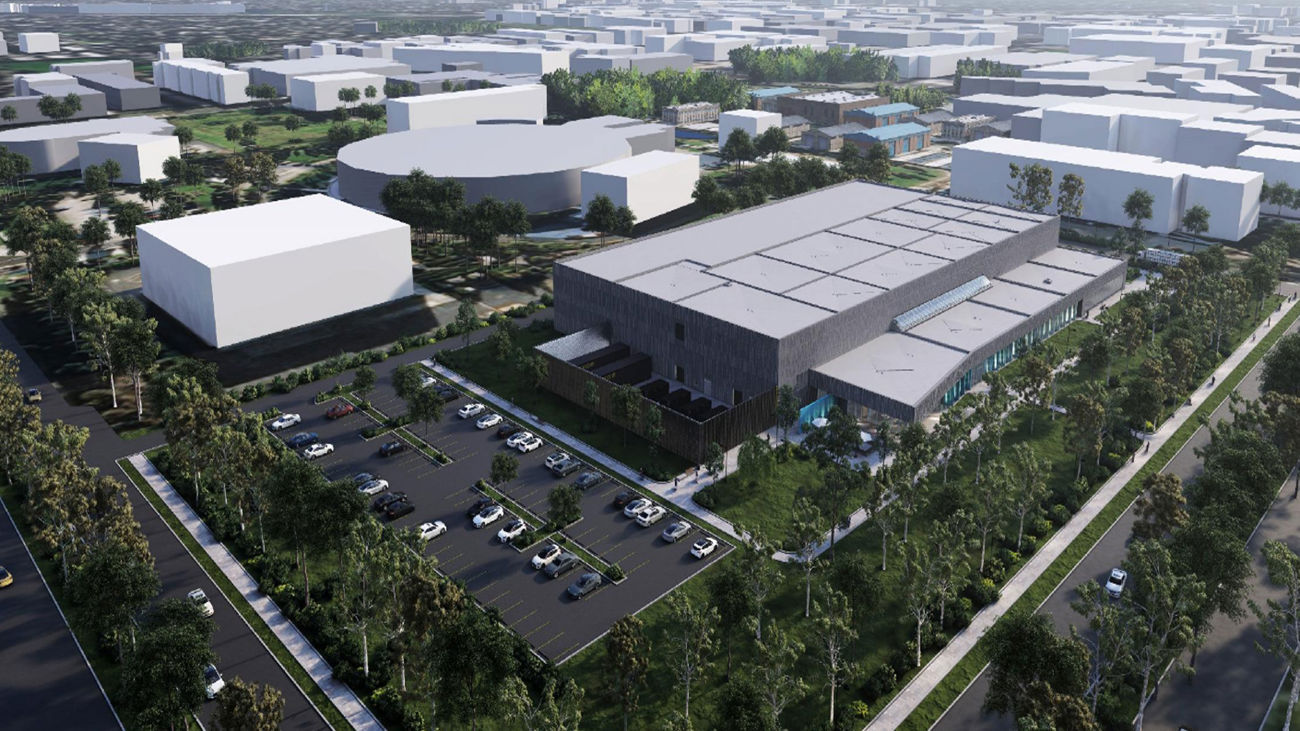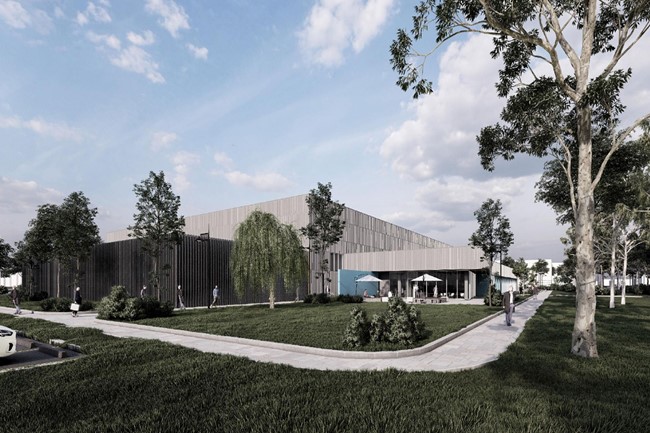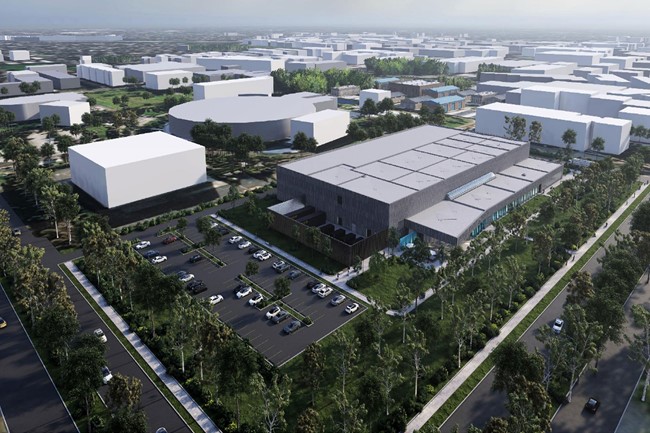Multiplex to build Australia’s first large-scale mRNA vaccine manufacturing facility

MELBOURNE, AUSTRALIA: Premier global construction company Multiplex has been appointed by Moderna to build its large-scale mRNA vaccine manufacturing facility at south-east of Melbourne.
The facility is located within the Monash Technology Precinct and adjacent to Monash University’s Clayton campus on the corner of Blackburn and Wellington Roads. It is being established under a 10-year partnership between the global biotechnology company and the Australian and Victorian Governments and is expected to be the first facility of its kind in the Southern Hemisphere.
Multiplex Regional Managing Director Ross Snowball said Multiplex was proud to play a pivotal role in the delivery of Australia’s first large-scale mRNA vaccine manufacturing facility.
“It’s an exciting development and a game-changer for the Australian biotech industry,” he said.
“We’ll be drawing on our ability to plan, establish and deliver critical life science and bio health infrastructure works, with recent experience including the Monash Biomedical Learning & Teaching Building and Doherty Institute.”
Designed by architects Greenbox, CRB and IPS, the 16,500 square metre facility comprises pharmaceutical grade space including Drug Substance (DS) and Drug Product (DP) areas. It also includes laboratories, administration areas with office space and employee amenities, as well as a warehouse with loading dock.
The facility also has extensive landscaping and green areas including outdoor seating, bike parking, pathways around the building plus on-site parking for 103 cars, which has been master planned to provide EV charges for all car parks.
The project is expected to generate significant employment in Victoria creating hundreds of jobs during construction and operation.
Work commenced to break ground for the facility in late 2022 and construction is expected to be completed in 2024.
The facility will be able to produce COVID-19 vaccines as well as mRNA vaccines for other respiratory viruses. It will also provide Australia with an onshore mRNA manufacturing capability in the event of a new pandemic.






